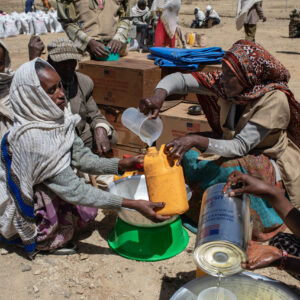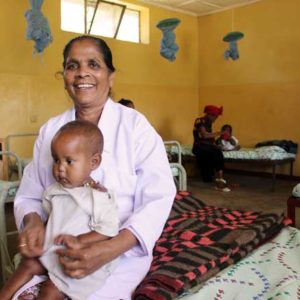Caritas Internationalis joins the appeal of His Eminence Cardinal Berhaneyesus, Rev. Kes Yonas, Patriarch Abune Mathias, and Rev. Bishop Tesfaselassie Medhin in urging US Agency for International Development (USAID) and World Food Programme (WFP) to resume life-saving food distribution immediately. The food aid was suspended on the 30th of March 2023 in the Tigray region ...

Address: Ethiopian Catholic Church, Social and Development Commission, Arada Subcity, Woreda 01/02, House number 374, Addis Ababa, Ethiopia
Postal Address: Ethiopian Catholic Secretariat, P.O.Box 2454, Addis Ababa, Ethiopia
Telephone: +251 011 155 03 00 Fax: +251 011 155 31 13
Email: [email protected]
Facebook: Ethiopian-Catholic-Secretariat
www.ecs.org.et
The Ethiopian Catholic Church Social and Development Commission (ECC SDCO) – or Caritas Ethiopia – was founded in 1965 and registered with the Ethiopian government in 2000. Its mandate is to initiate, promote and coordinate the social and development ministries of the Universal Church in Ethiopia. The Ethiopian Catholic Church Social and Development Commission’s (ECC SDCO) programmes have evolved to respond to the ever increasing needs of the Ethiopian people and are marking a visible achievement in bringing about a sustainable change in the lives of people in rural and urban areas.
Caritas Ethiopia operates at the community and national level to provide quality education, humanitarian assistance, emergency aid and food security, social rehabilitation, water and sanitation, health and HIV/AIDS education, assistance relating to migration and refugees and women’s and family matters, capacity building programmes, and campaigns for gender equality through social and economic empowerment for women.
Supplementing its humanitarian aid are development programmes that provide people with long-term solutions to the recurrent and chronic occurrences of drought. In addition, the long-term programmes, such as alternative means of income for women and youth, are also contributing to lowering the number of migrants.
In 2016 until May 2017, Caritas Ethiopia implemented a rehabilitation and recovery project to improve resilience capacity to risk and disasters in response to the drought that hit some parts of the country. It produced improvements in access to water, hygiene and sanitation practices, crop and livestock production, and soil and water conservation. Caritas Ethiopia also campaigns to address the growing concern about female genital mutilation (FGM) and other harmful practices that hinder the development of young girls and women. One practical example is the document produced on the Catholic Church’s stand against FGM by the Catholic Bishops’ Conference of Ethiopia.
Caritas Ethiopia’s main office is in Addis Ababa, with 13 diocesan coordinating offices and their sub-offices throughout the country. Currently more than 3000 people are employed by Caritas Ethiopia.
As a member of the Caritas Internationalis and Caritas Africa, Caritas Ethiopia works in partnership domestically and abroad with members of the global Caritas network, non-Caritas Catholic organisations, pontifical organisations, UN agencies, the European Union, and many local and international organisations similarly dedicated to integral human development.
Updates from Ethiopia
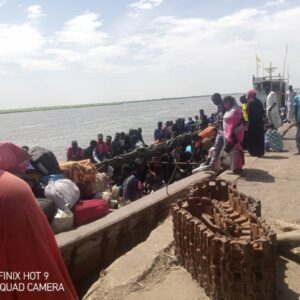
Sudan has been embroiled in a devastating armed conflict since last April, triggered by power struggles among the country’s military factions. The fighting, primarily between the Sudan Armed Forces (SAF) and the Rapid Support Forces (RSF), has had a profound impact on civilians, resulting in large-scale displacement and shattered access to food, water, health care, fuel, ...
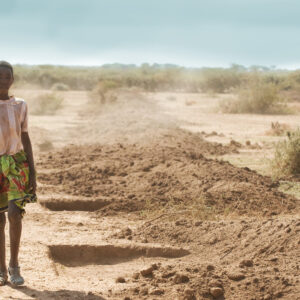
With the close of the 50th Session of the Human Rights Council in Geneva this month, Caritas Internationalis is urging international and local leaders to take action in responding to the severe food insecurity in the Horn of Africa and the Sahel regions. The right to food is a basic human right and the implementation ...
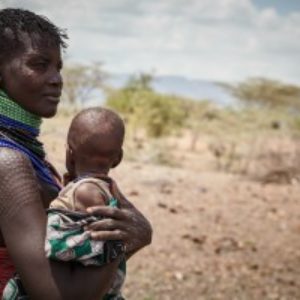
East Africa and the Horn of Africa are confronting a humanitarian crisis that may worsen in 2018. Armed conflict and severe drought are causing extreme levels of hunger. Up to 35 million people are in need of urgent food assistance across the region.
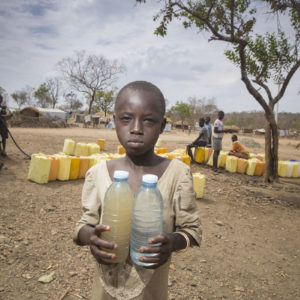
Water is a fundamental human right but water scarcity around the world is causing severe problems and human suffering that are likely to worsen in the future, warns Caritas Internationalis.
![[Media advisory] Pope Francis will launch Caritas’ Share the Journey](https://www.caritas.org/wordpress/wp-content/uploads/2017/09/ShareTheJourneyMedia-300x300.jpg)
Pope Francis will launch Caritas Internationalis’ global campaign on migration - ‘Share the Journey’ on Wednesday 27th September 2017 – 12.30 PM.
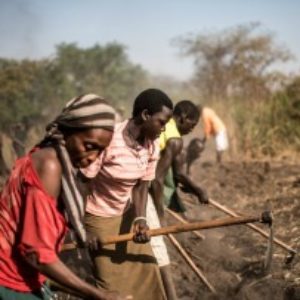
East Africa faces a massive humanitarian crisis. It threatens the lives and livelihoods of millions of people. Severe drought and violent conflict fuel food insecurity. Caritas is striving to respond to enormous challenges across the region. Somalia, Ethiopia, Kenya, Uganda and South Sudan are suffering from severe drought. Areas such as central and southern Somalia ...
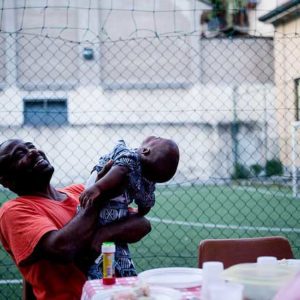
Italy is opening a humanitarian corridor for refugees from Eritrea, South Sudan and Somalia with the support of Caritas.
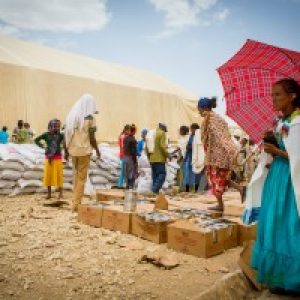
Demand for aid has risen dramatically. More than 10.2 million people now need emergency food assistance, 1.2 million women and children need supplementary food aid, 400,000 children are suffering from severe malnutrition.
Caritas Africa Info
- Angola
- Benin
- Botswana
- Burkina Faso
- Burundi
- Cameroon
- Cape Verde
- Central African Republic
- Chad
- Comoros
- Congo Republic
- Congo (DRC)
- Cote D’Ivoire
- Equatorial Guinea
- Eritrea
- Ethiopia
- Guinea
- Gabon
- Gambia
- Ghana
- Guinea-Bissau
- Kenya
- Lesotho
- Liberia
- Madagascar
- Malawi
- Mali
- Mauritius
- Mozambique
- Namibia
- Niger
- Nigeria
- Rwanda
- São Tomé and Príncipe
- Senegal
- Seychelles
- Sierra Leone
- South Africa
- South Sudan
- Sudan
- Swaziland
- Tanzania
- Togo
- Uganda
- Zambia
- Zimbabwe

